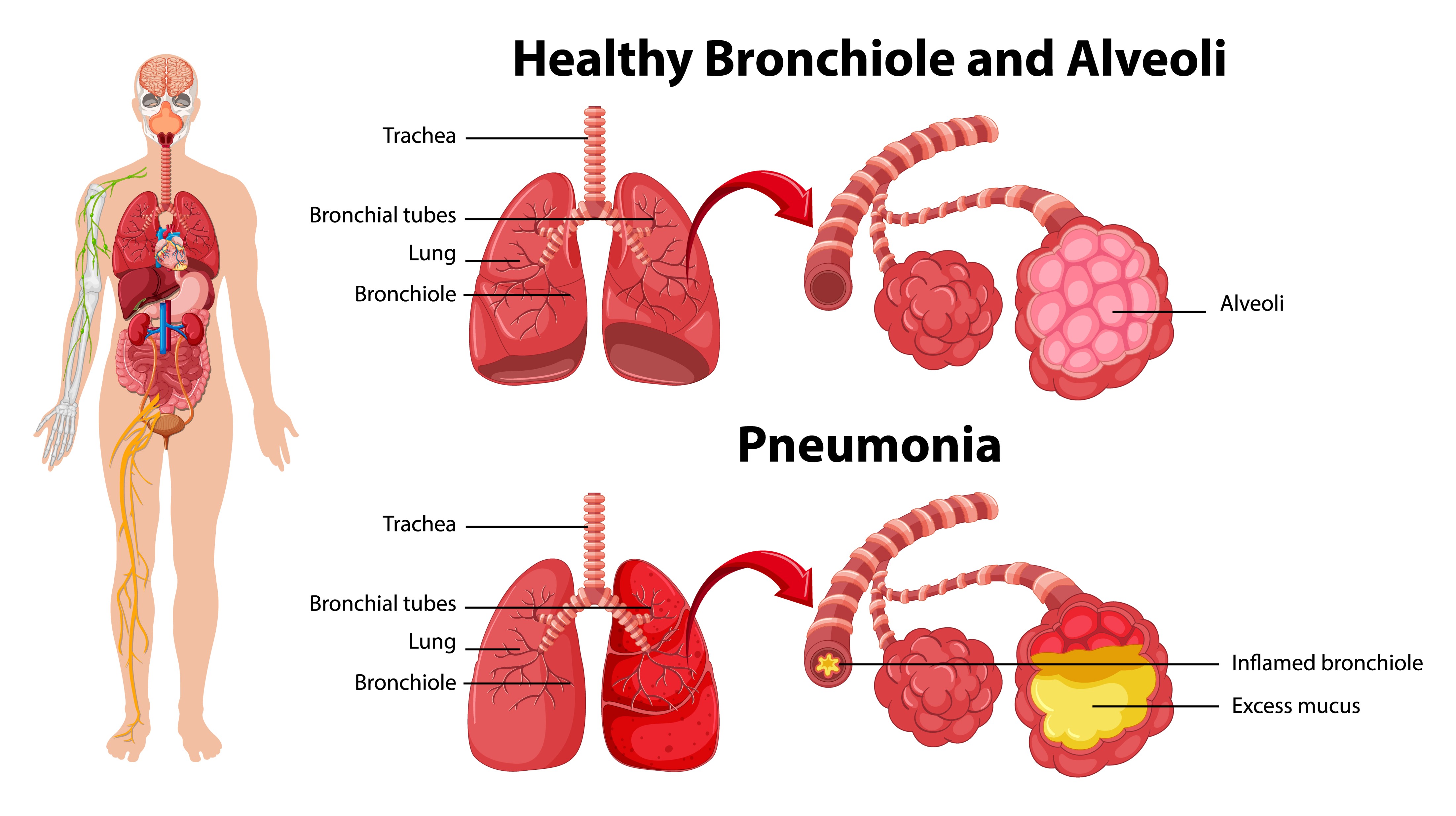
Living with Aortic Valve Stenosis: Coping Strategies and Support
Introduction: Navigating Life with Aortic Valve Stenosis: Coping Tips Simplified
Living with Aortic Valve Stenosis (AVS) may present challenges, but there are coping strategies and support available to help you navigate through it. Let’s explore some simple tips to enhance your quality of life while managing AVS.
1. Educate Yourself
Understanding your condition is key to managing it effectively. Take the time to learn about AVS, including its symptoms, treatment options, and lifestyle recommendations. Knowledge empowers you to make informed decisions and advocate for your health.
2. Stay Connected
Building a support network of friends, family, and healthcare professionals can provide invaluable support and encouragement. Don’t hesitate to reach out for help when needed and lean on your support system during challenging times.
3. Practice Self-Care
Taking care of your physical and emotional well-being is essential. Make time for activities that bring you joy and relaxation, such as hobbies, spending time outdoors, or practicing mindfulness. Prioritize self-care to reduce stress and improve overall well-being.
4. Communicate with Your Healthcare Team
Maintaining open communication with your healthcare providers is crucial. Discuss any concerns or symptoms you may be experiencing, and work together to develop a personalized treatment plan that meets your needs and preferences.
5. Listen to Your Body
Pay attention to your body’s signals and listen to what it needs. Pace yourself and avoid overexertion, especially during periods of fatigue or discomfort. Rest when necessary and don’t hesitate to seek medical attention if you experience new or worsening symptoms.
Conclusion
Living with Aortic Valve Stenosis may present challenges, but with the right coping strategies and support, you can lead a fulfilling life. Remember to prioritize self-care, stay connected with your support network, and communicate openly with your healthcare team.
To seek medical advice, always consult a Doctor. Here are our recommended experts. Click here
To read more on Heart Disease . Click Here


